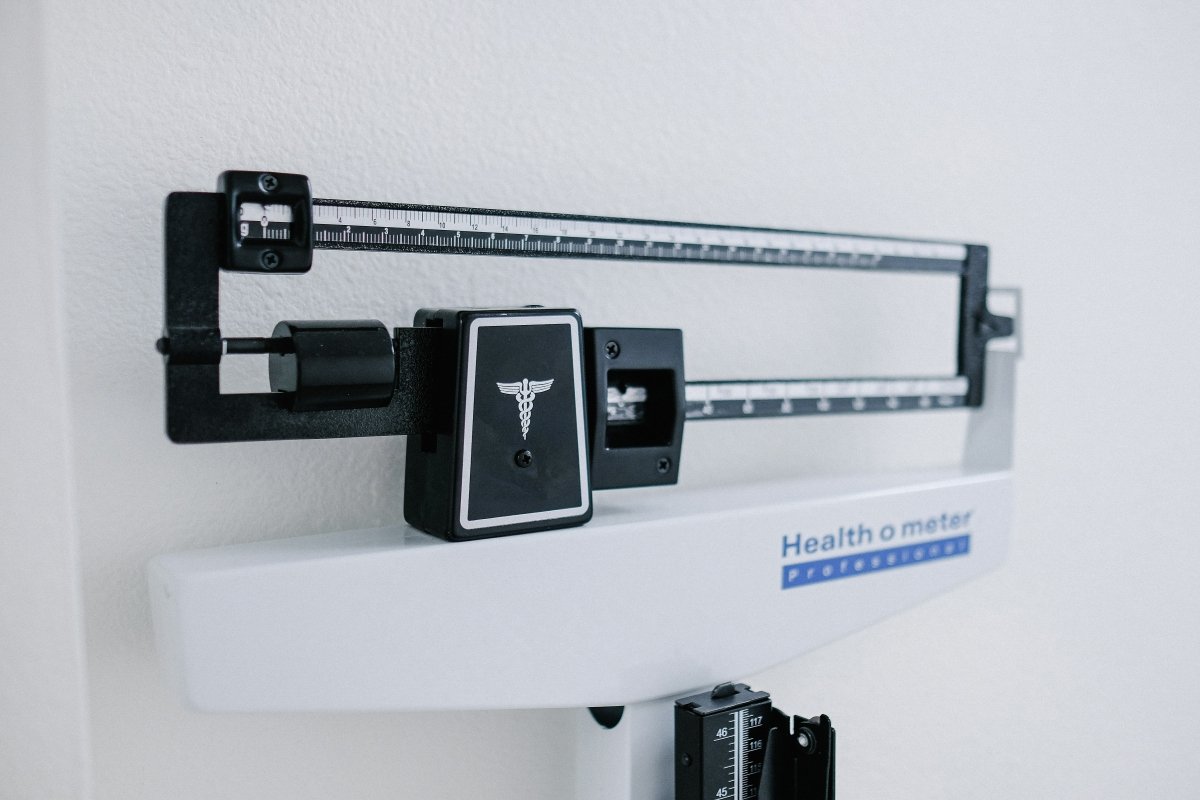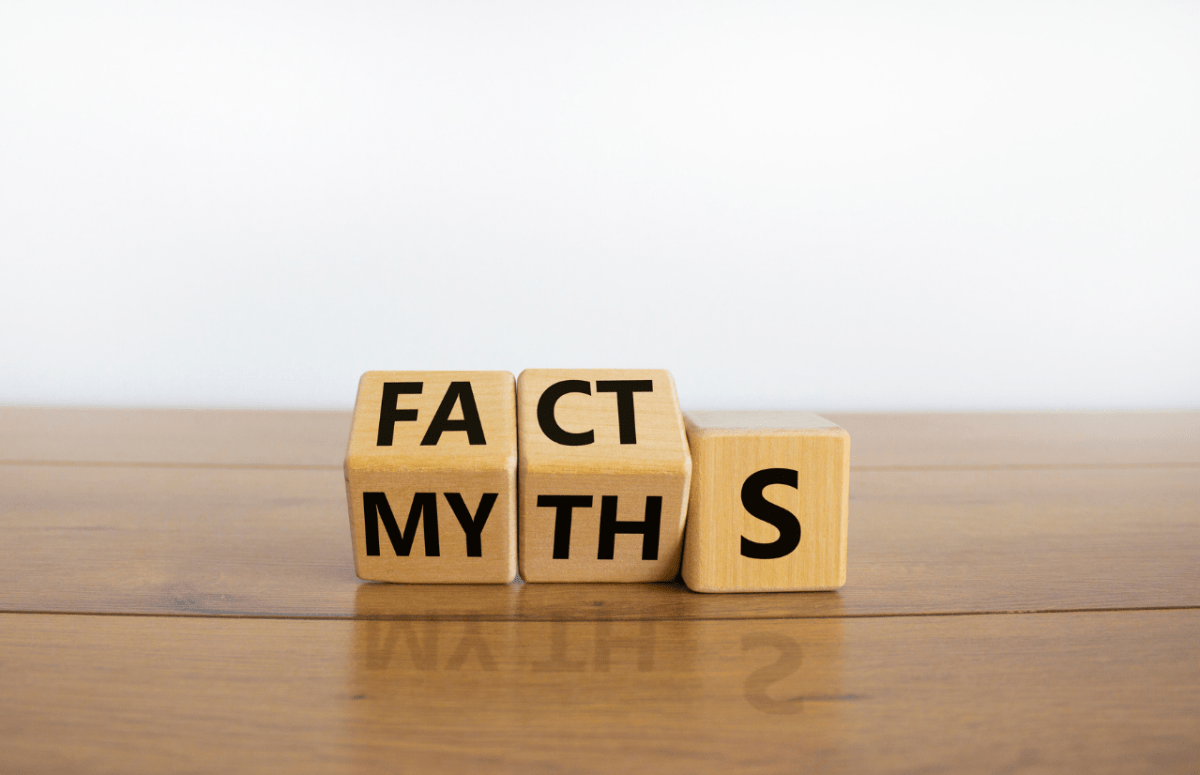The UK context and why it matters
Men face a disproportionate burden of severe mental health outcomes in Britain, and that has consequences for physical health, eating, and weight. In 2024, official figures recorded persistently higher suicide rates in men than women in England and Wales, highlighting the scale of unmet mental health need in male populations. These numbers give important context for Movember and for conversations that link mood, coping habits, and weight. GOV.UK+1
Excess weight is common among adult men in England, which means many readers may already be trying to manage their weight. National surveillance led by the Health Survey for England remains the benchmark for understanding overweight and obesity trends across the country. GOV.UK+1
The link between mood and weight runs in both directions
Large longitudinal reviews show a two-way relationship. People with obesity have higher subsequent risk of depression, while people with depression are more likely to gain weight and develop obesity over time. This bidirectionality has been confirmed in classic meta-analyses and is reinforced by recent narrative and systematic reviews. The takeaway is simple. Treating one problem in isolation can miss part of the picture. cdn.jamanetwork.com+2repub.eur.nl+2
For some men, how weight and mood interact may differ across life stages. Reviews summarising sex-specific and age-specific data note that effect sizes can vary, but the broad pattern remains that mood and adiposity can amplify one another if neither is addressed. Nature
How mental health can drive weight change in men
Stress physiology and abdominal fat
Chronic psychological stress alters hypothalamic-pituitary-adrenal (HPA) axis signalling and cortisol exposure. Higher and more prolonged cortisol is linked with central adiposity and metabolic risk, which makes weight control harder even when calories look similar on paper. MDPI
Low mood, energy, and food choices
Depression often reduces motivation and activity, and it nudges eating toward energy-dense “comfort” foods. This behavioural channel is one reason depression forecasts weight gain in longitudinal studies. cdn.jamanetwork.com
Sleep disruption and appetite hormones
Short sleep changes hunger signals. Meta-analytic evidence shows sleep restriction lowers leptin and raises ghrelin, increasing hunger and energy intake. Over months, that can translate into weight gain and larger waist circumference. MDPI
Alcohol as a coping strategy
Alcohol provides seven kilocalories per gram. One UK unit contains about eight grams of pure alcohol, which is roughly 56 kilocalories before mixers. Regular drinking to manage mood can quietly add hundreds of kilocalories per week. UK low-risk guidance advises keeping intake within 14 units per week, spread across three or more days. nhs.uk+2GOV.UK+2
Seasonal affective symptoms
Seasonal affective disorder and winter-pattern depression commonly feature increased appetite, carbohydrate cravings, hypersomnia, and weight gain. Managing mood seasonally can therefore support weight stability across November to February. NCBI+1
Medication effects to be aware of
At a population level, some antidepressants are associated with modest average weight gain, while others are closer to weight-neutral. Recent large cohort and comparative studies continue to map these differences. This is a reason to discuss weight goals with the prescriber rather than adjusting medicines without advice. ScienceDaily+1
What works. Practical, evidence-based actions that help both mood and weight
A) Combine talking therapies with healthy lifestyle steps
NHS Talking Therapies provide NICE-recommended psychological treatments such as cognitive behavioural therapy. Services are available without private referral, and they use routine outcomes monitoring so people can track progress. Psychological care that targets mood and coping can make dietary change and activity plans more achievable. NHS England+2nhs.uk+2
B) Use CBT techniques that address eating and emotions
Cognitive behavioural therapy reduces binge frequency and eating concerns in adults. Meta-analyses covering randomized trials show clinically meaningful improvements in disordered eating symptoms, which commonly worsen during low mood. Combining behavioural weight programmes with CBT elements can strengthen results. onlinelibrary.wiley.com+2tandfonline.com+2
C) Move for mood and metabolic health
Exercise is an effective treatment for depressive symptoms and supports energy balance. The latest BMJ network meta-analysis of randomized trials finds that several exercise modalities improve depression. That means a weekly plan that includes aerobic or resistance training can serve both mental health and weight goals. bmj.com
D) Sleep like it matters
Aim for 7 to 9 hours and protect a consistent schedule. Sleep restriction has measurable effects on appetite hormones and next-day energy intake, so fixing sleep is not optional when the goal is fat loss and better mood. MDPI
E) Audit alcohol honestly
If you drink, use 14 units per week as an upper limit, spread over at least three days, and remember that units carry calories. Swapping to lower ABV choices and building drink-free days can reduce total energy intake as well as improve sleep and mood. GOV.UK+1
F) Personalise weight loss treatments
If you are considering or already using prescribed weight management treatments, pair them with psychological support, sleep hygiene, alcohol reduction, and activity. Current NICE guidance frames obesity care as long-term and multidisciplinary, with behavioural change at its core. That integrated approach is most likely to sustain results for men whose weight is affected by mood. NICE
Where to get help today
-
Refer yourself to NHS Talking Therapies if you are in England and aged 18 or over. You can self refer online in most areas and do not need a GP letter. nhs.uk
-
If you need urgent mental health help, use NHS 111 or local crisis lines listed on the NHS website. nhs.uk
References
-
Office for National Statistics. Suicides in England and Wales, 2024 registrations. Official statistical release. GOV.UK+1
-
UK Government. Obesity profile commentary, May 2025. Methods note on Health Survey for England as national indicator. GOV.UK
-
NHS England Digital. Health Survey for England. Adult overweight and obesity, 2022. NHS England Digital
-
Luppino FS, de Wit LM, Bouvy PF, et al. Overweight, Obesity, and Depression. Systematic review and meta-analysis of longitudinal studies. Arch Gen Psychiatry. 2010. cdn.jamanetwork.com+1
-
Endocrinology and Metabolism Clinics of North America. Exploring the bidirectional relationship between depression and obesity. 2024 review. endo.theclinics.com
-
MDPI. Chronic stress, HPA axis and cortisol. Review on mechanisms and clinical consequences. 2025. MDPI
-
MDPI. The impact of sleep deprivation on hunger-related hormones. Systematic review and meta-analysis of randomized trials. 2025. MDPI
-
NHS. Calories in alcohol. Public guidance explaining 7 kcal per gram and added calories from mixers. nhs.uk
-
UK Chief Medical Officers. Low risk drinking guidelines. 14 units per week, spread across 3 or more days. GOV.UK
-
Cambridge University Press. Cognitive behavioural therapy for seasonal affective disorder. Systematic review and meta-analysis. 2025. Cambridge University Press & Assessment
-
NCBI MedGen. Seasonal affective disorder overview. Symptoms include increased appetite, carbohydrate craving, hypersomnia, and weight gain. NCBI
-
Annals of Internal Medicine coverage. Comparative weight change across common antidepressants in first-line treatment. 2024. ScienceDaily
-
Frontiers in Psychiatry. Antidepressant use trajectories and 6-year weight change in a population cohort. 2024. Frontiers
-
NHS England. NHS Talking Therapies programme. Evidence-based delivery and commissioning. NHS England
-
NHS. How to access NHS Talking Therapies. Patient-facing access page. nhs.uk
-
Wiley and Taylor & Francis meta-analyses. CBT effectiveness for adult eating disorders and disordered eating outcomes. 2024. onlinelibrary.wiley.com+1
-
BMJ. Effect of exercise for depression. Systematic review and network meta-analysis of randomized controlled trials. 2024. bmj.com
-
NICE NG246. Overweight and obesity management. Multidisciplinary, long-term approach with behavioural change at the core. 2025. NICE





Share:
The Ultimate Summer Health Guide
How to Support the Men Around You and Why Small Steps Matter